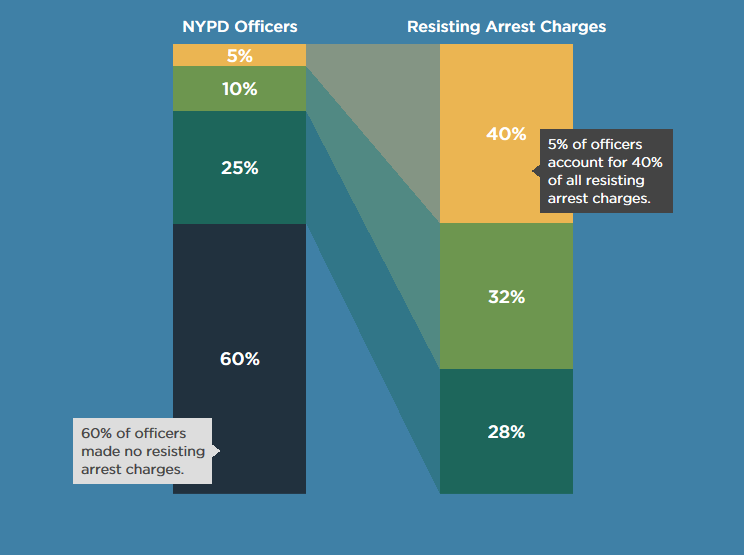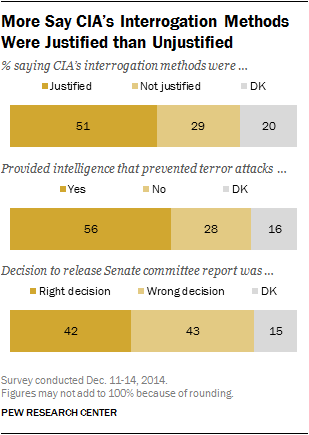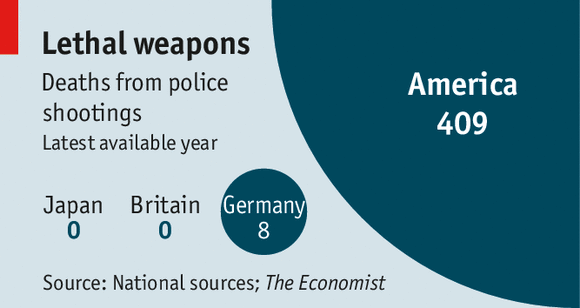Rep. Dave Brat (R-VA), is the guy that beat Eric Cantor in a Republican primary and then won Cantor’s seat in Congress in what was a huge 2014 electoral shocker, since Cantor was House Majority Leader at the time, and outspent Brat 40-1. Well, TPM reports that Mr. Brat said on a radio show that Obamacare was moving America away from a free market system and making the country more like North Korea. He went on to contrast North and South Korea:
Look at every country in the world…Look at North Korea and South Korea. It’s the same culture, it’s the same people, look at a map at night…one of the countries is not lit, there’s no lights, and the bottom free-market country, all Koreans, is lit up. See you make your bet on which country you want to be, right? You want to go free market.
Sadly for Mr. Brat, South Korea has a compulsory national health care system.
Brat makes Cantor seem like Einstein. It’s important to know that Mr. Brat was a professor of economics at Randolph–Macon College where he taught business ethics, among other courses. Earlier, he said that Obamacare would cost the country $2 Trillion, a statement that PolitiFact says is false.
There’s really nothing to do but laugh in Mr. Brat’s face. Today, a middle-school level of seriousness is all that the Republican Party is up for, with their racism, misogyny, xenophobia, homophobia, religious hypocrisy, moralism, and warmongering. By far their most dangerous characteristic is their juvenile and uninformed thinking. The sabotage of political discourse seems to be the only thing that matters to them.
So, in light of the Brat, rather than start your day with a head-banging tune designed to wake him up, Wrongo wants to try bringing you into the week in a kinder, gentler way. So for the next few weeks at least, we will start with: Your Monday moment of Zen.
Today we feature a Hermit Thrush, the state bird of Vermont. Walt Whitman made the hermit thrush a symbol of the American voice in his elegy for Abraham Lincoln, “When Lilacs Last in the Dooryard Bloom’d”. Here is a singing Hermit Thrush:
https://www.youtube.com/watch?v=w9vHS6JdHog
For those who read the Wrongologist in email, you can watch and hear the Hermit Thrush here.
Monday’s Hot Links:
National Guard troops referred to Ferguson protesters as ‘enemy forces’, emails show. Documents detailing the military mission divided the crowds that the National Guard would be likely to encounter into “friendly forces” and “enemy forces” – the latter apparently including the protesters.
Cirque du Soleil is in advanced talks with two private equity groups to sell a majority stake. Cirque du Soleil has been working with Goldman Sachs since last year to find a strategic partner. The valuation looks to be between $1.5 and $2.0 billion. Guess who is about to jump the shark?
These gorgeous maps of the moon were put together at the request of NASA using data captured by the Lunar Reconnaissance Orbiter Wide Angle Camera (WAC) and the Lunar Reconnaissance Orbiter (LRO). All named features larger than 53 miles (85 km) in diameter or length were included.
Iowa chiropractor loses license after sexual contact while performing exorcisms on several patients. “My back hurts,” so, he prescribes treatment in the form of an exorcism, which followed some sexy time.
Investors want to build a multi-tier mall at the Grand Canyon. They want to construct a retail complex based around a tram that planners are calling the Escalade, which will stretch from the rim down to the floor, providing easy access to both a fragile ecosystem and sacred place to Native Americans.
Roommates stab each other in iPhone versus Android debate. Two roommates in Tulsa, Oklahoma took the usual geek argument to the next level, stabbing each other with broken beer bottles. When the police arrived, they found the roommates had been drinking and arguing about smartphones.



